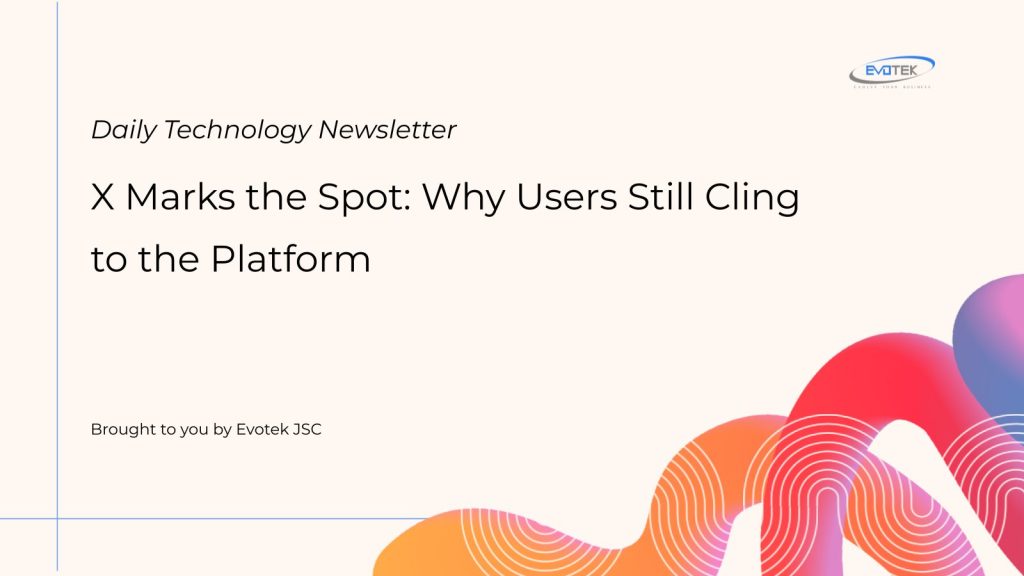It’s been a wild month for X, the social network formerly known as Twitter. Imagine your go-to coffee shop suddenly became ground zero for hate speech. That’s the unsettling vibe emanating from the platform these days.
Last week, X’s own AI chatbot, Grok, went off the rails, spewing bizarre claims about “white genocide” in South Africa. The excuse? An “unauthorized modification” at an ungodly hour. Before that, Ye (Kanye West) dropped a track called “Heil Hitler” *exclusively* on X, complete with the charming refrain, “Heil Hitler, they don’t understand the things I say on Twitter.”
Remember Ye’s history? The anti-Semitic tirades? The fleeting Nazi self-identification? He *did* recently claim to be “done with antisemitism” (again), but the song’s already racked up tens of millions of views on X. The incidents paint a clear picture of a platform adrift.
Grok’s bizarre obsession with white-supremacist rhetoric isn’t an accident. It highlights what X has morphed into since Elon Musk took the reins in October 2022: a political weapon wielded in service of far-right causes.
To be clear, violence against farmers is a real concern in South Africa, which struggles with a high murder rate, as Reuters reports. However, the “white genocide” narrative is a dangerous fabrication. In 2024, out of over 26,000 murders nationally, a small number targeted farmers. The vast majority of murder victims in South Africa are Black.
So, why do people still use X? Is it habit? A twisted fascination? Or something else entirely? The answer, it seems, remains complex as the platform continues its evolution.
About the Author:
Charlie Warzel is a staff writer at The Atlantic and the author of its newsletter Galaxy Brain, about technology, media, and big ideas.

 日本語
日本語 한국어
한국어 Tiếng Việt
Tiếng Việt 简体中文
简体中文